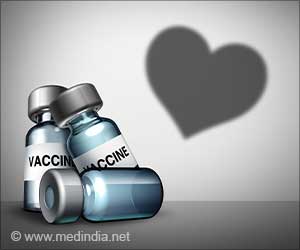
Effect of COVID-19 on Alcohol Use Disorder and Universal Alcohol Screening
Universal screening for unhealthy alcohol use and counseling those identified in primary care is an effective prevention strategy. While most routine preventive health screenings, like mammograms and colonoscopies, cannot be completed virtually, virtual screenings for unhealthy alcohol use are possible.‘Shifting to telemedicine and changing priorities during COVID-19 surges are likely to impact alcohol screening at the clinician- and system levels.’
Tweet it Now
This new study found that the alcohol screening rate dropped substantially during the first COVID-19 surge but steadily increased to baseline between the second and third surges. This decline was likely due to competing pandemic-related priorities and the transition to telemedicine.During the early stages of the pandemic, urgent care issues were prioritized by both patients and clinicians over routine health care maintenance. Shifting to telemedicine also likely impacted alcohol screening at the clinician- and system levels.
During virtual visits, clinicians are often responsible for all aspects of patient care without the assistance of support staff, who regularly oversee and perform behavioral health screenings. Later surges had less impact on screening rates likely due to the return of some in-person team-based care, less focus on COVID-related issues during visits, and improvements in telemedicine workflows.
Due to the importance of prevention through universal, annual alcohol screening, especially given the increases in alcohol-related morbidity and mortality during the pandemic, innovative workflow strategies should be considered and prioritized to avoid interruptions of screening for unhealthy alcohol use in primary care.
Researchers hope that this study highlights the importance of continuing to implement important behavioral health screenings even during challenging periods.
Advertisement
Advertisement













